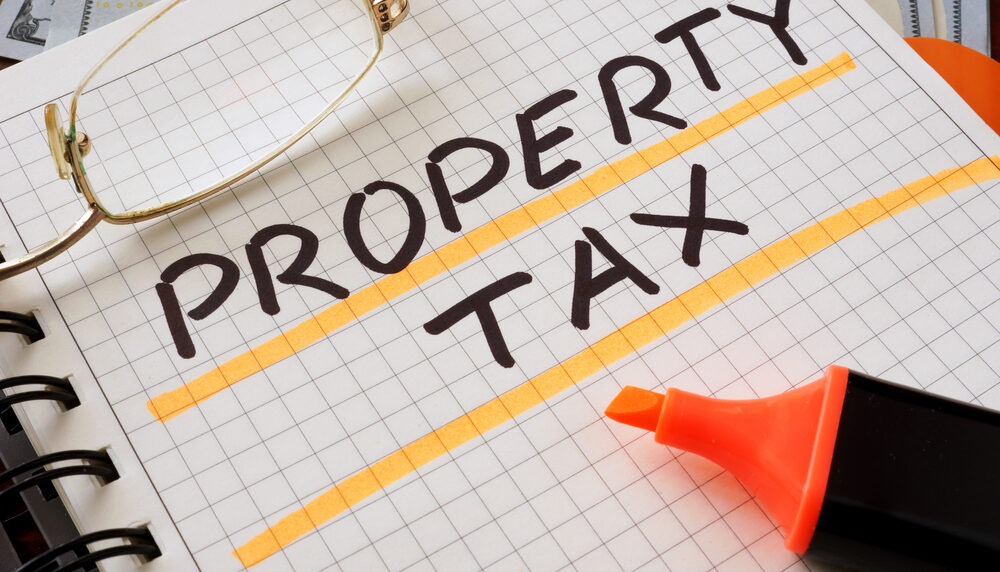As Benjamin Franklin famously said, “in this world, nothing can be said to be certain, except death and taxes” but the part he left out is that those taxes can change.
In November 2020, California voters passed Proposition 19, making some changes to property tax benefits for families, seniors, severely disabled persons, and victims of natural disasters.
Proposition 19, fully effective as of April 1, 2021, sets new limits on property tax benefits for inherited family property. Under Proposition 19, a child (or children) can keep the lower property tax base of the parent(s) family home or farm property ONLY if the property is the principal residence of the parent(s) AND the child or children make it their principal residence within one year. In essence, this transfers the property from parents (or grandparents in certain cases) to children without causing a change in ownership for property tax purposes. With the changes brought about by Proposition 19, other property, residential or commercial, no longer qualify for this benefit.
According to the California State Board of Equalization, to qualify, the assessed value of the home upon purchase or transfer must meet a value test. The value limit is equal to the home’s taxable value at time of transfer plus $1 million. Any amount of market value exceeding the limit is added to the taxable value for the transferee. Here’s an example from the California State Board of Equalization to make it clearer:
Say that at the time of the transfer, a single-family primary residence has a “factored base year value” (FBYV) or taxable value of $300,000 and a fair market value of $1,500,000. First, you want to calculate the sum of the FBYV plus the Proposition 19 allowance of $1 million. That’s $300,000 + $1,000,000 = $1,300,000. If the home has a market value less than $1,300,000, the child would not have to pay additional property taxes. Since the fair market value of the home is $1,500,000, the calculated difference between the fair market value and the excluded amount is $1,500,000 – $1,300,000 = $200,000. Thus, the adjusted base year value is the original tax base of $300,000 + the $200,000 calculated difference = $500,000, making $500,000 the new taxable value of the property.
Prior to Proposition 19, people over 55 or severely and permanently disabled people were able to transfer the taxable value of their existing home to their new replacement home, so long as the market value of the new home was equal to or less than the existing home’s value and located in Los Angeles County or one of nine other participating counties in California. Proposition 19’s changes allow eligible homeowners to transfer the taxable value of their existing home to their new replacement home of any value, anywhere within the state, as many as three times. This limits property tax increases for seniors and disabled persons needing to move closer to family or medical care, downsize, or find a home that better fits their needs.
If the market value of the replacement residence is less than or equal to the market value of the original, then the taxable value will transfer to the replacement residence with no adjustment needed. However, if the market value of the replacement residence is more than the market value of the original, then the excess will be added to the taxable value transferred at market value. For example, when moving from a residence with an original taxable value of $300,000 and an original market value of $600,000 to a property with a replacement market value of $700,000, the new taxable value of the replacement will be the original $300,000 plus the difference between the original market value and the replacement market value. Since the market value of the replacement is $100,000 more than the original’s market value ($700,000 – $600,000 = $100,000), an adjustment to the transferred taxable value is made to add the difference in value. Therefore, the taxable value of the replacement will be $400,000 ($300,000 + $100,000).
The final change brought about by Proposition 19 benefits those who are beset by a home-destroying disaster as it limits property tax increases for taxpayers that need to replace a damaged home. Proposition 19 allows homeowners to purchase a replacement home of greater value than their original home and transfer their tax base with an adjustment (for the amount over 100%) to account for the value difference in cases of homes destroyed by wildfires or other natural disasters as declared by the Governor. To qualify, the damage must be from a wildfire or a Governor declared disaster, with the residence substantially damaged. Over half of the improvement value of the home prior to the fire or natural disaster must be damaged to be considered as “substantially damaged.” The new residence must be purchased or newly constructed within 2 years of the sale of the damaged property.
All of which brings us to another quote from Benjamin Franklin: “Change is the only constant in life. One’s ability to adapt to those changes will determine your success in life.”
For more clarity on how this Proposition affects you and to help you adapt to change as you prepare to move from one home to another, contact me.
I’m Stephen Burchard, The Desert Bowtie Realtor, taking the (k)nots out of real estate.

Pingback: California Prop 19 – Blessing or Curse? - Stephen Burchard Real Estate